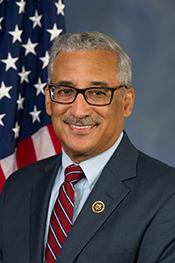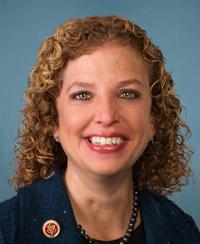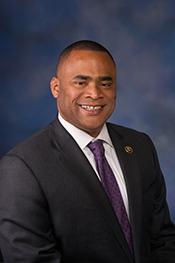1
0
0
Do No Harm Act
4/1/2025, 8:06 AM
Summary of Bill HR 1954
Bill 119 HR 1954, also known as the "Religious Freedom Restoration Act Amendment," aims to make changes to the Religious Freedom Restoration Act of 1993 in order to protect civil rights and prevent harm to third parties. The bill seeks to strike a balance between religious freedom and the rights of individuals who may be affected by religious practices.
The main goal of the bill is to ensure that religious freedom is not used as a justification for discrimination or harm to others. It aims to clarify that the Religious Freedom Restoration Act does not override laws that protect civil rights, such as those prohibiting discrimination based on race, gender, sexual orientation, or other factors.
The bill also includes provisions to prevent harm to third parties, such as ensuring that religious exemptions do not infringe on the rights of others or cause harm to public health and safety. It seeks to protect individuals from being denied services or discriminated against based on their identity or beliefs. Overall, the bill aims to uphold the principles of religious freedom while also safeguarding the rights and well-being of all individuals, regardless of their beliefs or background. It seeks to strike a balance between religious freedom and civil rights, ensuring that both are protected and respected in society.
The main goal of the bill is to ensure that religious freedom is not used as a justification for discrimination or harm to others. It aims to clarify that the Religious Freedom Restoration Act does not override laws that protect civil rights, such as those prohibiting discrimination based on race, gender, sexual orientation, or other factors.
The bill also includes provisions to prevent harm to third parties, such as ensuring that religious exemptions do not infringe on the rights of others or cause harm to public health and safety. It seeks to protect individuals from being denied services or discriminated against based on their identity or beliefs. Overall, the bill aims to uphold the principles of religious freedom while also safeguarding the rights and well-being of all individuals, regardless of their beliefs or background. It seeks to strike a balance between religious freedom and civil rights, ensuring that both are protected and respected in society.
Read the Full Bill
Current Status of Bill HR 1954
Bill HR 1954 is currently in the status of Bill Introduced since March 6, 2025. Bill HR 1954 was introduced during Congress 119 and was introduced to the House on March 6, 2025. Bill HR 1954's most recent activity was Referred to the House Committee on the Judiciary. as of March 6, 2025
Bipartisan Support of Bill HR 1954
Total Number of Sponsors
7Democrat Sponsors
7Republican Sponsors
0Unaffiliated Sponsors
0Total Number of Cosponsors
345Democrat Cosponsors
345Republican Cosponsors
0Unaffiliated Cosponsors
0Policy Area and Potential Impact of Bill HR 1954
Primary Policy Focus
Civil Rights and Liberties, Minority IssuesAlternate Title(s) of Bill HR 1954
To amend the Religious Freedom Restoration Act of 1993 to protect civil rights and otherwise prevent meaningful harm to third parties, and for other purposes.
To amend the Religious Freedom Restoration Act of 1993 to protect civil rights and otherwise prevent meaningful harm to third parties, and for other purposes.
Comments

Brayan Gentry
550
9 months ago
I'm so excited about this new bill! It's gonna make a big difference for a lot of people. I think it's really important to protect everyone's rights, you know? And this bill is gonna do just that. I can't wait to see how it all plays out. Did you know that this bill also includes provisions for protecting the rights of individuals with disabilities? It's pretty cool!

Valentina Roberts
453
8 months ago
This bill is so good!
Sponsors and Cosponsors of HR 1954
Latest Bills
Strengthening Agency Management and Oversight of Software Assets Act
Bill HR 5457December 13, 2025
BADGES for Native Communities Act
Bill S 390December 12, 2025
Miccosukee Reserved Area Amendments Act
Bill HR 504December 12, 2025
Crow Tribe Water Rights Settlement Amendments Act of 2025
Bill S 240December 12, 2025
Tribal Trust Land Homeownership Act of 2025
Bill S 723December 12, 2025
State Planning for Reliability and Affordability Act
Bill HR 3628December 12, 2025
Disaster Related Extension of Deadlines Act
Bill HR 1491December 12, 2025
PERMIT Act
Bill HR 3898December 12, 2025
Keweenaw Bay Indian Community Land Claim Settlement Act of 2025
Bill S 642December 12, 2025
Technical Corrections to the Northwestern New Mexico Rural Water Projects Act, Taos Pueblo Indian Water Rights Settlement Act, and Aamodt Litigation Settlement Act
Bill S 640December 12, 2025
Do No Harm Act
Bill S 894March 28, 2025





